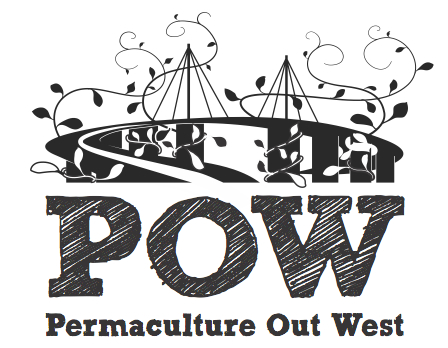Source: Tierramerica in Inter Press Service News Agency (IPS), 19 April 2010
Uncontrolled expansion of cattle farming in Paraguay has led to rampant deforestation and introduction of “exotic” varieties says environmentalist Guillermo Gayo. To put a halt to this practice in the southern department of Paraguarà , the foundation he heads has implemented what is known as “permaculture.”
A decade ago, the Takuara Renda Foundation (“the bamboo place” in the Guaranà language) settled near the town of Sapucái, on a hilltop that forms part of a remnant of the Atlantic Forest, which extends through parts of Argentina, Brazil and Paraguay, with just seven percent of its original coverage remaining. The NGO chose an area that had been severely degraded by forest fires and logging.
The Foundation promotes permaculture, which is the design and maintenance of small productive ecosystems, including the harmonic integration of people and their homes, in order to meet their needs in a sustainable way.
This approach utilizes materials like tacuara cane, a type of bamboo, and plant fibres for bioconstruction. “We can’t have a house that is our habitat and is aggressive to the environment,” environmentalist Takuara Renda director Gayo told Tierramérica.
Renda is not trying to establish bamboo as a crop in the area, but rather is using it to help the degraded forest to recover. “If you cut a branch off the bamboo, another grows in its place. That is how we are replacing the wood,” he said.
At the Roke hill project, one will find various species of tacuara cane, which are used in different ways. The Foundation’s land holding is just six hectares, but its efforts are felt far beyond.
On 25 surrounding hectares, a process has begun to expand the forest with larger tree and bush species, and an emphasis on preventing fires and halting extensive cattle operations.
The 2008 Agricultural Census found that Paraguarà department, with some 500 000 hectares of forage for cattle, was home to four percent of the 12 million head of cattle in all Paraguay.
Also found in the area are exotic grasses like the Brachiaria (Poaceae family) originally from Africa, which pushes out native species like the mbocayá palm (Acrocomia aculeata) as it extends across the terrain.
According to Gayo, the community adopted sustainable farming techniques to grow food, based on their experiences with the foundation, whose own garden includes a variety of food plants, some commonly consumed in the region, and others previously unknown here.
“I was surprised by the house made from tacuara cane and its furniture,” said Myriam Ramà rez, a young student from a nearby community who visited the foundation with classmates. Ramirez also participated in workshops about bioconstruction, where she learned about building structures out of bamboo,.
For full story, please see: www.ipsnews.net/news.asp?idnews=51095
